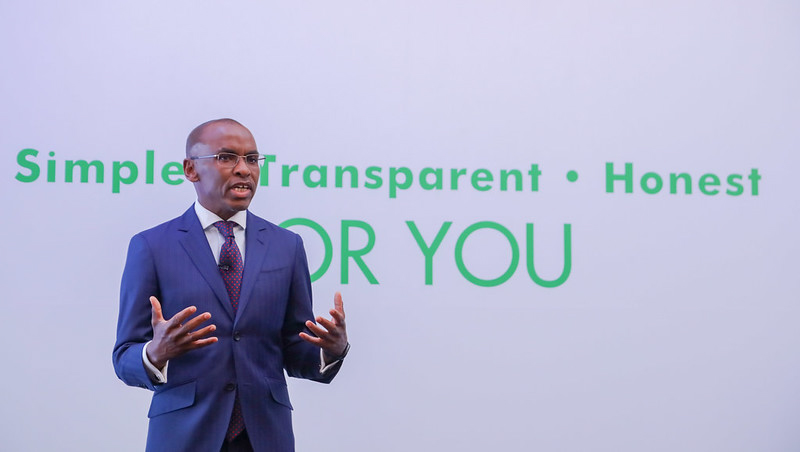Safaricom, Kenya’s biggest telecoms operator, plans to set up a factory in Kenya that will assemble between 1.2 million and 1.4 million smartphones annually.
The cheapest device will retail at Ksh 11,500. However, new taxes on mobile phones proposed in the Finance Bill, 2023, make the devices costly, as the levies will push the price up by 40 per cent.
Safaricom’s Head of Ventures, Karanja Gichiri, appearing before the parliamentary Finance and Planning committee on Tuesday, said that if they were to work with the President’s vision of a 50-dollar phone, they needed to address the question of import, excise, and output VAT (Value Added Tax) for him to save KSh4,000 and bring down the cost from KSh11,500 to KSh7,500.
“A 40% increase in cost will be driven by import duty and excise duty. We anticipate incurring a cost of only about Ksh.300 which also includes the profit margin… the output VAT for that device is Ksh.1,500,” he disclosed
“I have moved my components from around Ksh.4,500 to a final price of Ksh.11,000 and I, as the manufacturer I’m only taking home about Ksh.300. The role of taxation in lowering the component cost is critical to ensure we have affordable phones.”
The most expensive part of the phone is the microchip that runs the 4G network within the phone. They have sourced, and the appropriate base price for a good phone is $40, driven by the chip and components.
“Today we have one local assembly line that recently started. The most expensive part of the phone is the microchip that runs the 4G network within the phone. We have sourced and the appropriate base for a good phone is $40 driven by the chip and components.”
Why Mobile Money Taxation Could Hamper Financial Inclusion Gains in Africa




